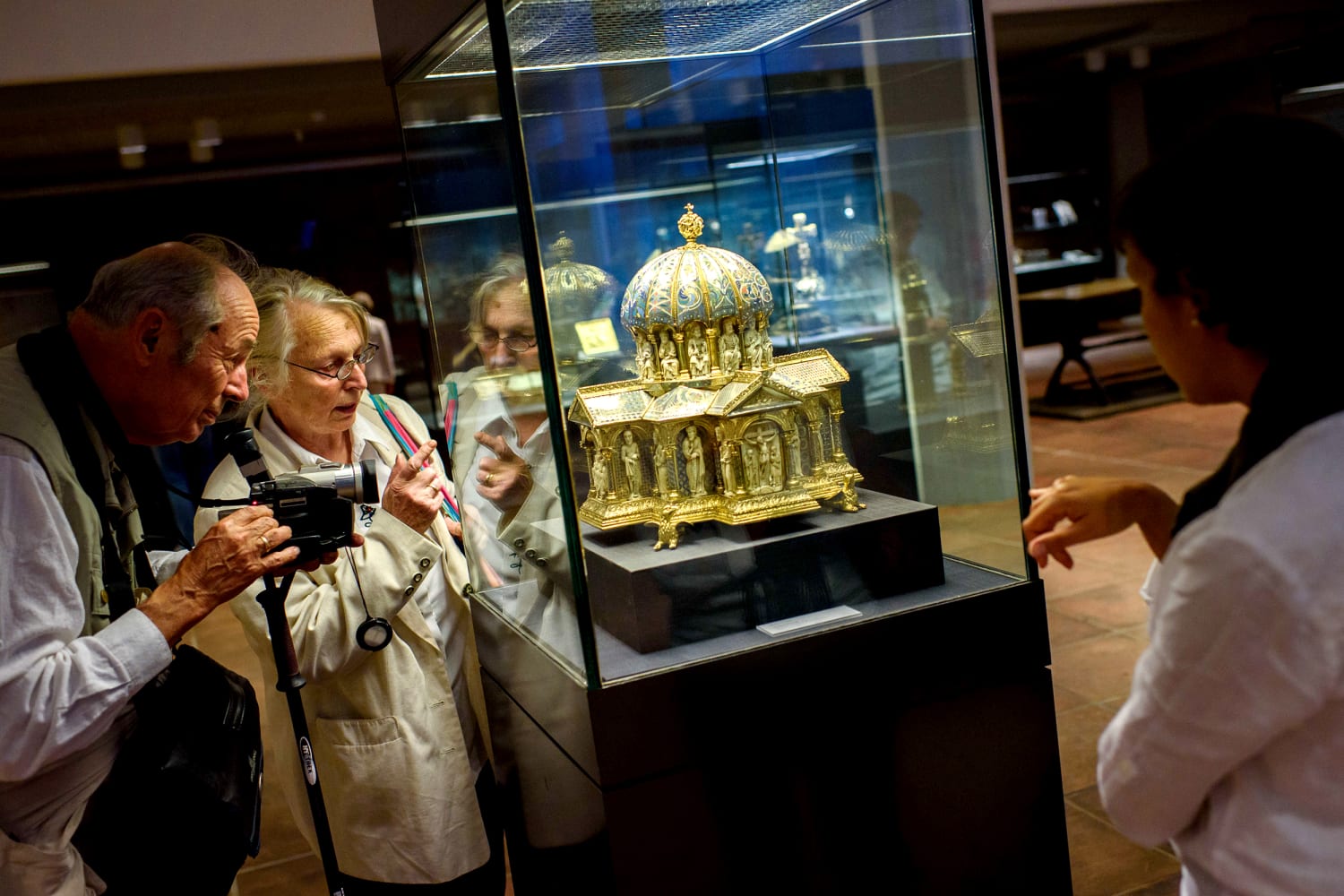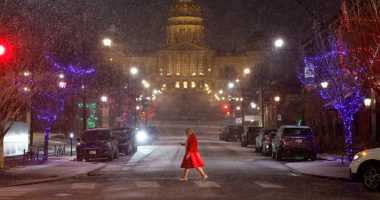The treasures are now worth an estimated $250 million, but the cost of the case and others like it runs much deeper.
Germany has garnered praise for addressing its dark history, with concerted efforts in education and cultural spaces, but recent years have seen a resurgence in far-right support and anti-Semitism.
And while It also established the expert commission specifically to handle such cases, Jewish families and experts alike have cast doubt on the country’s appetite to help heirs retrieve their stolen property.
The Nazis seized an estimated 20 percent of art in Europe, with scores of items still not returned to the families that owned them.
Faced with the hefty task, dozens of countries signed up to the Washington Principles on Nazi-confiscated art in 1998 in an effort to boost the process.
The German federal government has appealed to private owners, collectors and institutions to follow the nonbinding agreement — under which thousands of objects have been returned to their rightful owners — a spokesman for the commissioner for culture and media said.
But Germany’s restitution system fares poorly compared to neighboring countries, experts said, particularly in its speed.
The commission has dealt with a mere 18 cases since its creation in 2003. Compared to Austria, the light caseload reflects Germany’s “ad-hoc” approach, O’Donnell said.
“Germany doesn’t deserve a win in Nazi restitution cases and I fear that this procedural victory will prejudice other claimants going forward,” said Christopher Marinello, a lawyer and the CEO of Art Recovery International, a firm that specializes in returning looted art. “Seventy six years after the war, German laws remain wholly inadequate to deal with Nazi-restitution claims,” he added.
Enforcement is also an issue, with the commission struggling to implement its decision over a Jewish family’s rare 300-year-old Guarneri violin in a case that has drawn recent media attention.
It determined in 2016 that the instrument, currently owned by a private music foundation in Nuremberg, was either forcibly sold or seized by the Gestapo after Felix Hildesheimer’s family fled persecution.
Because of scant surviving sales records, the commission urged the music foundation to pay the equivalent of $120,000 to the family’s surviving grandchildren and keep the violin as a compromise.
But four years later, the heirs have still not received the funds. Last month, the commission issued a stern censure to no avail.
A spokesman said the commission’s proposals are not legally binding for citizens and private foundations due to legal fears over infringements on property rights.
Marinello, who is in a separate bitter tussle with Germany on behalf of a Jewish family hoping to retrieve their stolen Degas painting, described stalemates in such cases as “typical.”
“There has been an ever-increasing level of frustration on the part of everyone,” said Sidney Strauss, Hildesheimer’s grandson.
“It is also very important to remember that behind every item reviewed by the commission is a unique, personal family story,” he added. “That may include the loss of a business or a life.”
For families like his, the fight to reclaim what they still can goes on.
Carlo Angerer and The Associated Press contributed.
Source: | This article originally belongs to Nbcnews.com










